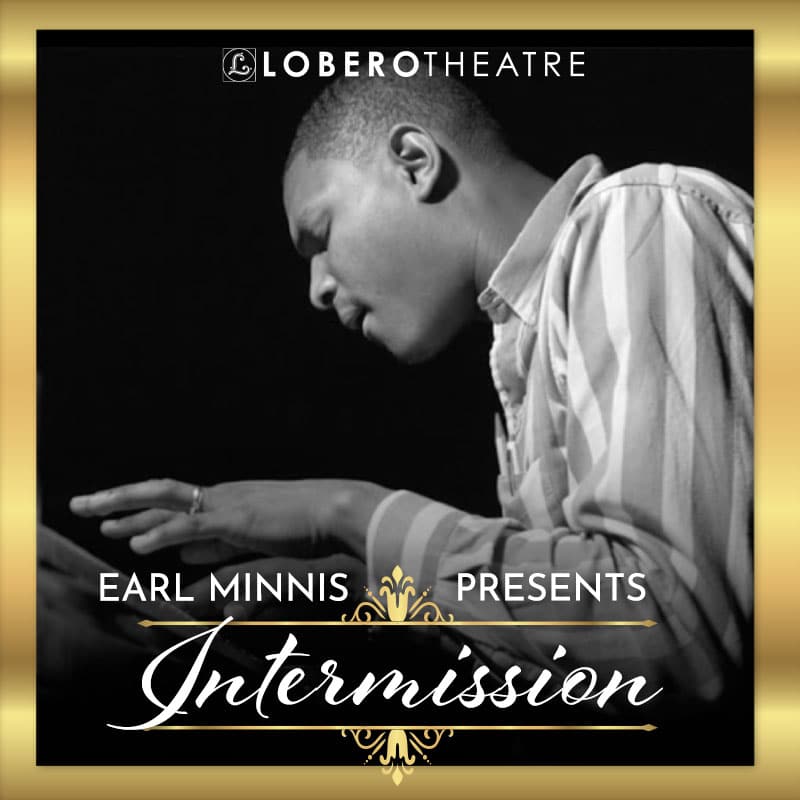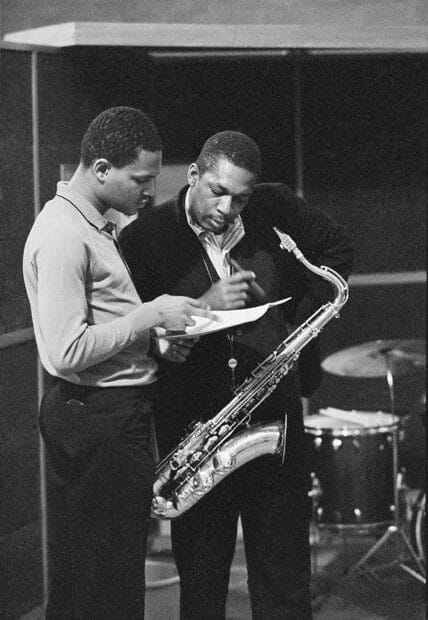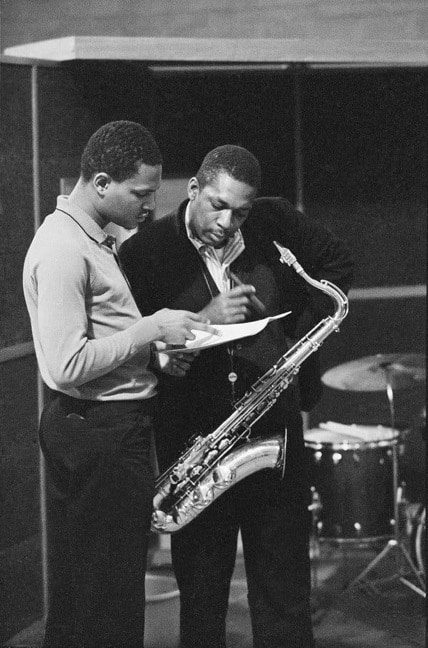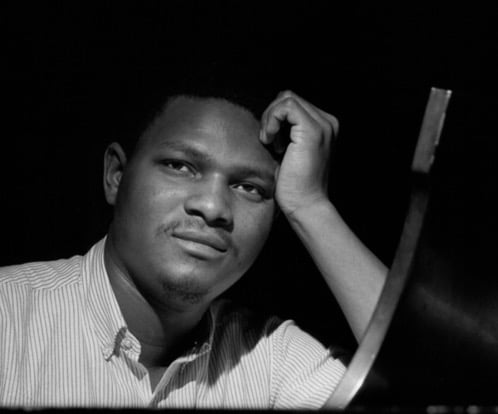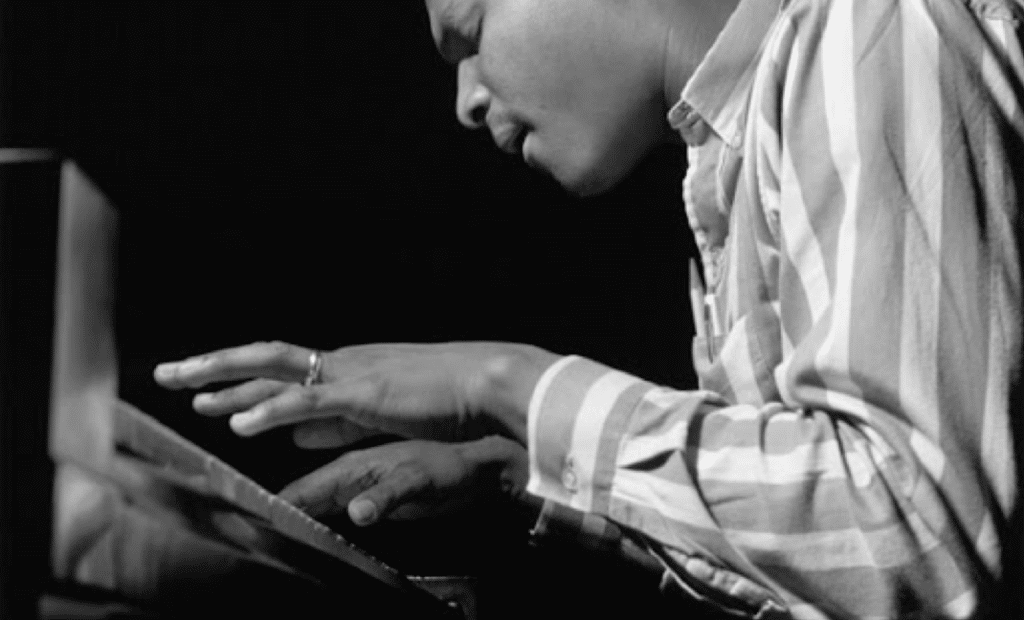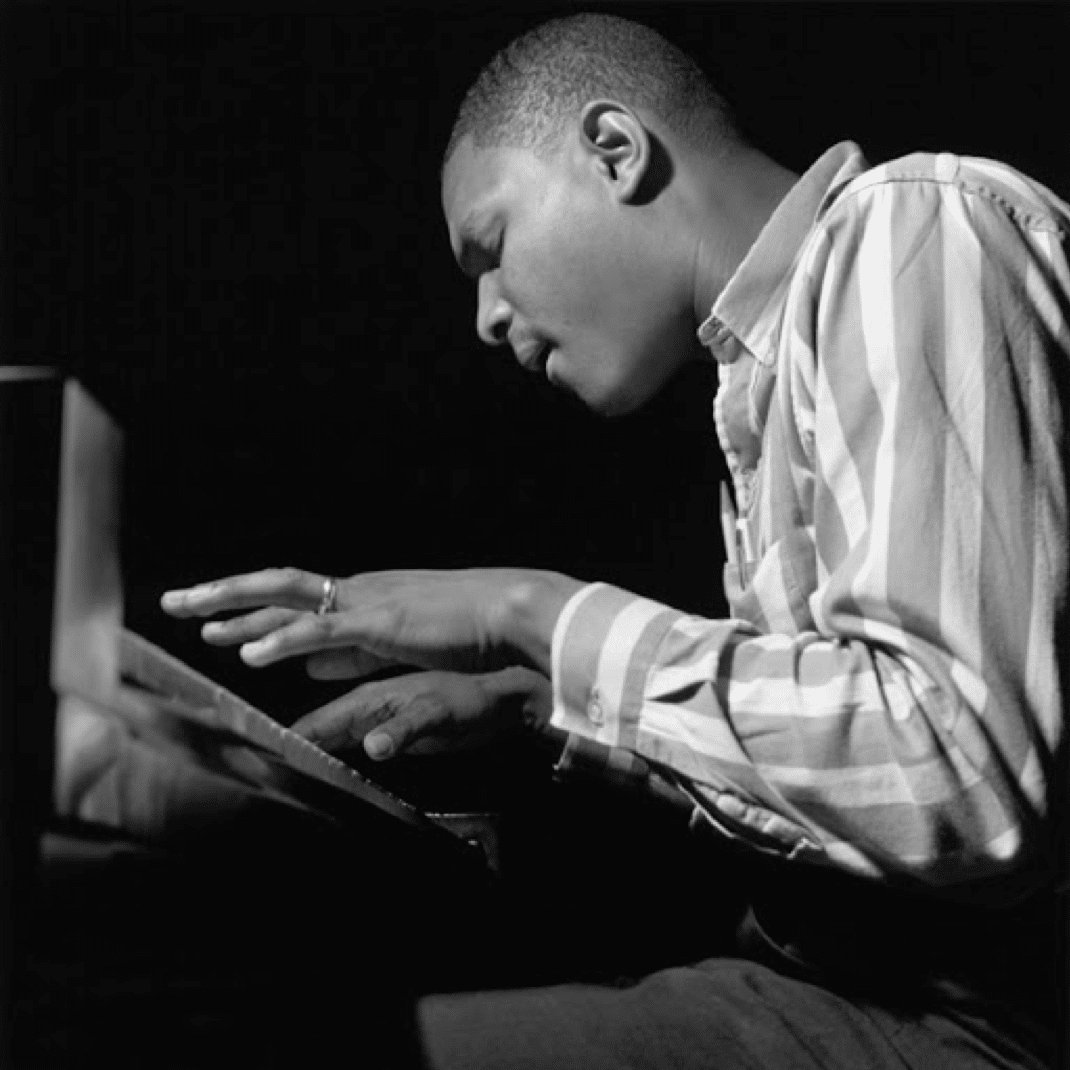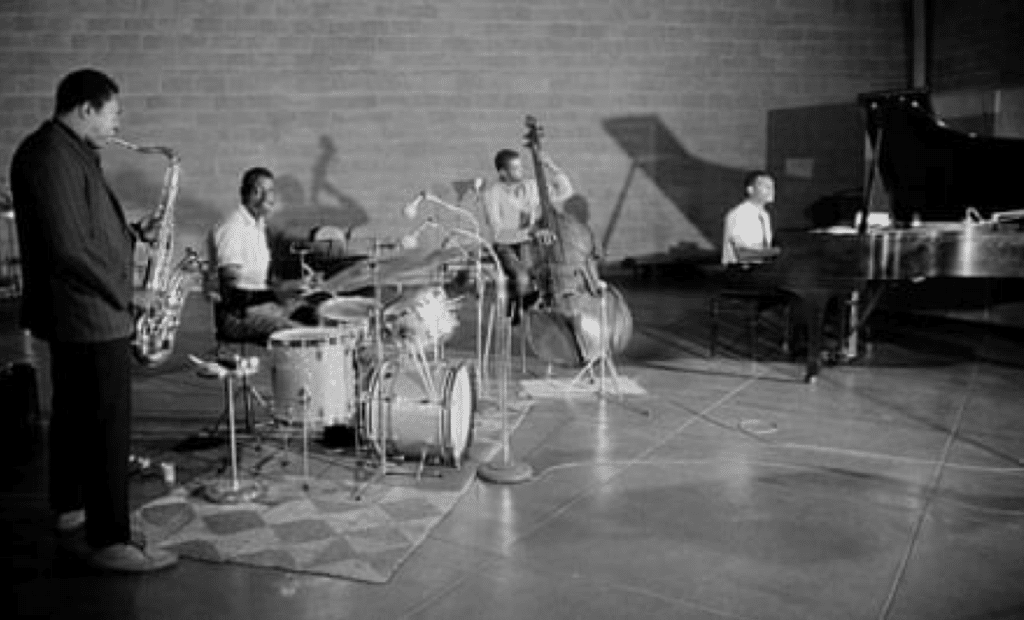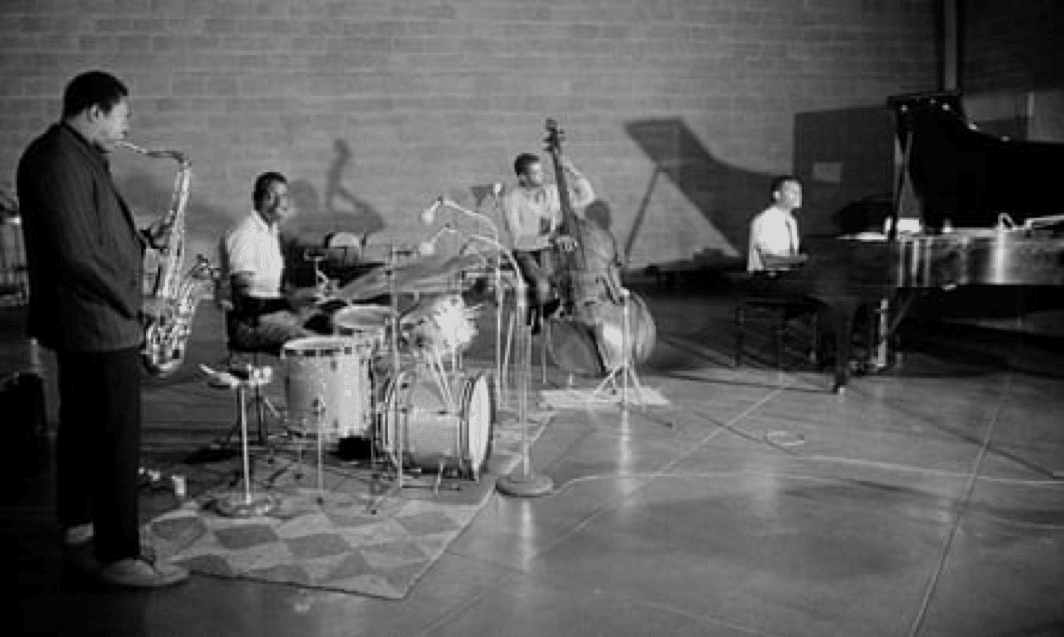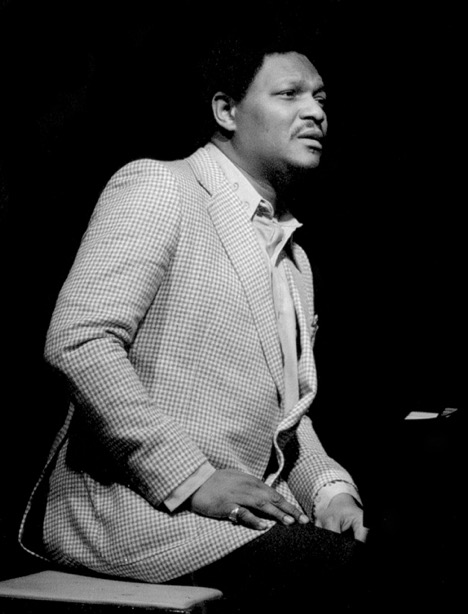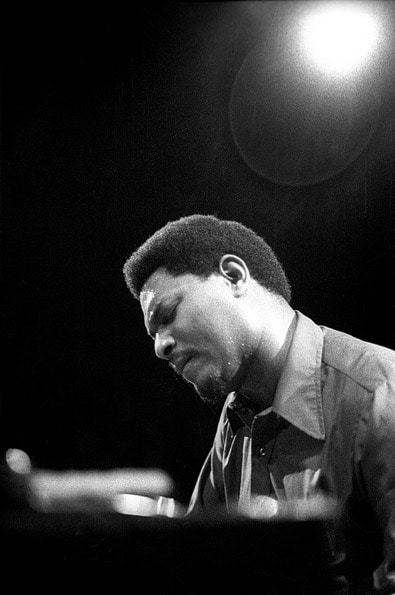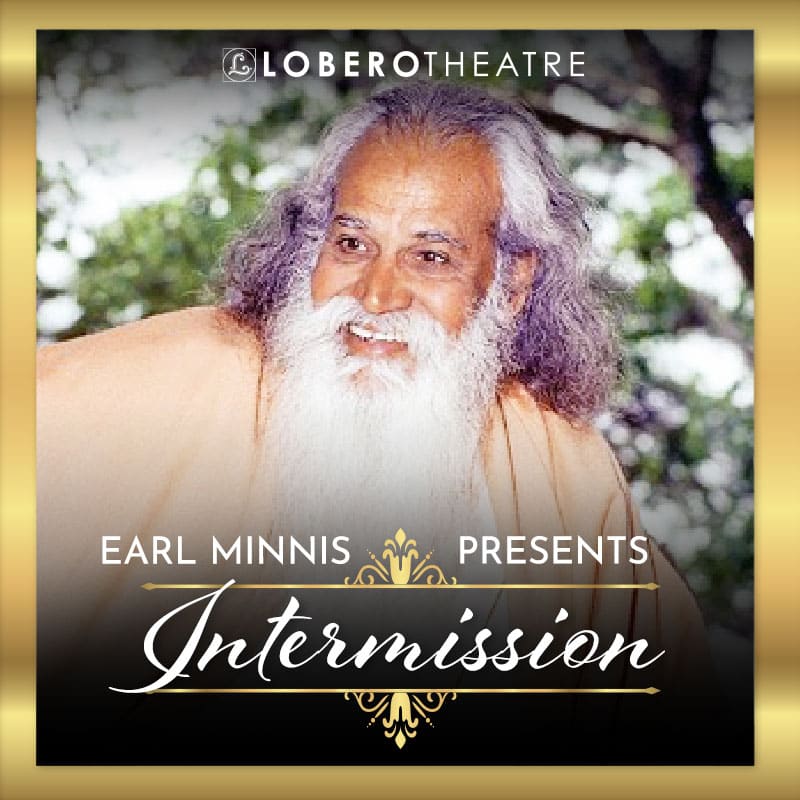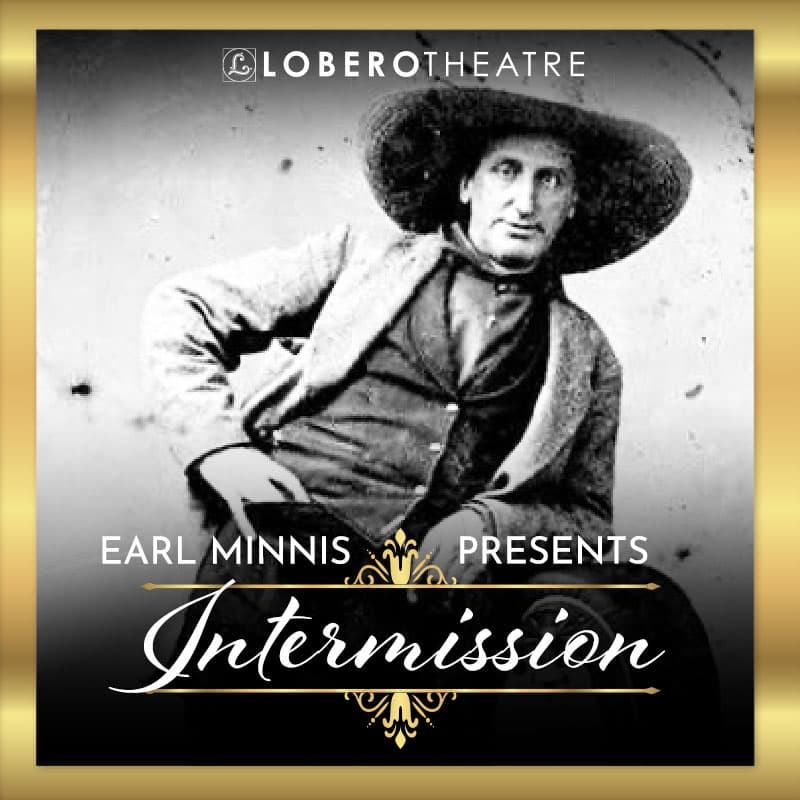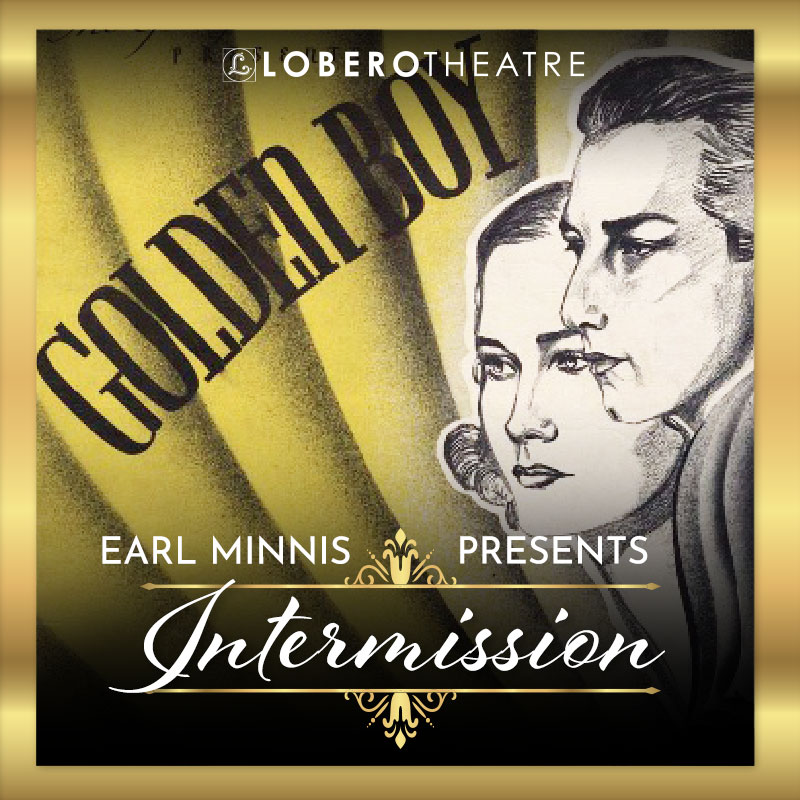Jazz pianist McCoy Tyner and the Lobero Theatre had a relationship that spanned 34 years and helped establish the Lobero as one of the premier live jazz venues in the country.
It all began on October 7, 1977 when promoter Steven Cloud brought the MyCoy Tyner Sextet to the Lobero stage.
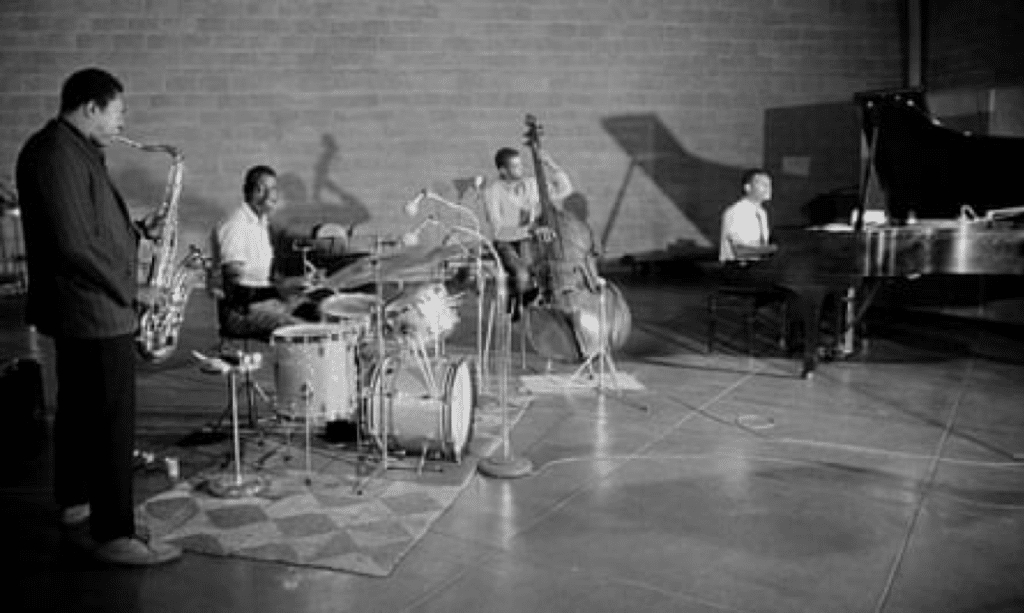
Alfred McCoy Tyner was born in Philadelphia on Dec. 11, 1938, and started taking piano lessons when he was 13. When Tyner was 19, he met fellow-Philadelphian John Coltrane and was asked to join the saxophonist’s quartet in 1960.
For the next 5 years, the Coltrane “Classic Quartet” recorded some of jazz’s most important experimental, free-jazz albums, which emphasized melodic improvisation and rhythm. Tyner’s rich, percussive piano playing was a grounding force for Coltrane’s improvisations, as Coltrane explained,
“…Tyner holds down the harmonies, and that allows me to forget them. He’s sort of the one who gives me wings and lets me take off from the ground from time to time.”
McCoy Tyner left the Coltrane Quartet in 1965 when he felt the music was becoming too atonal, free, and loud. Tyner complained that the percussion playing was drowning out the piano. “I didn’t see myself making any contribution to that music… All I could hear was a lot of noise. I didn’t have any feeling for the music, and when I don’t have feelings, I don’t play.”
In the immediate years after leaving Coltrane’s band, Tyner struggled to get gigs and even considered giving up music. In 1967 however, he signed with Blue Note Records and produced “The Real McCoy,” an album that sparked his solo career. In the following decades, Tyner composed, formed trios, a big band, and won 5 Grammy® Awards. In 2002, McCoy Tyner was named a National Endowment for the Arts (NEA) Jazz Master.
Atlantic Magazine summed up McCoy Tyner’s importance to jazz, “Tyner’s great achievement was the creation of a sound rooted in the blues but suited to the avant-garde…Walk into any jazz room, anywhere on Earth, on any night, and you’ll probably hear a keyboardist copping McCoy Tyner’s licks and tricks.”
Given his recognized success performing in trios and quartets, McCoy Tyner’s 1977 sextet tour with 5 bandmates was something of an anomaly. While audiences – including the Lobero packed-house – responded favorably, some critics felt the group’s sound overwhelmed the brilliance of its leader. The Los Angeles Times wrote, “The clutter of two saxophones and the clatter of two percussionists hampered the leader more than they helped him…There were several awesome moments, when, unencumbered by the other musicians, he was able to give free rein to his unique imaginative powers…Tyner’s most effective recordings are those on which he is assisted simply by drums and bass.”
Sources:
- https://www.nytimes.com/2020/03/06/arts/music/mccoy-tyner-dead.html
- https://en.wikipedia.org/wiki/McCoy_Tyner
- https://www.theatlantic.com/culture/archive/2020/03/how-mccoy-tyner-dead-81-reinvented-jazz-piano/607717/
- https://www.theguardian.com/music/2020/mar/09/mccoy-tyner-obituary
